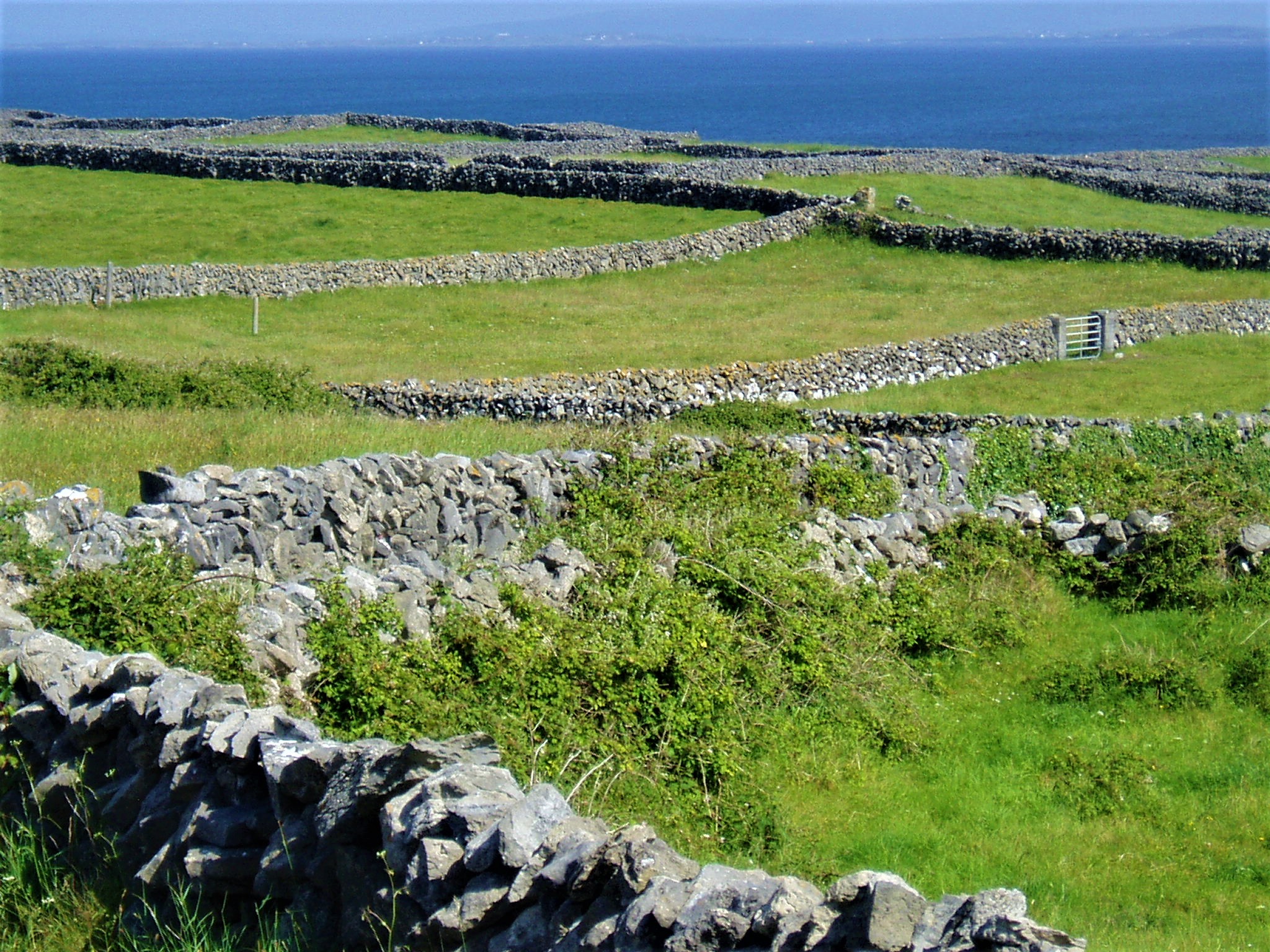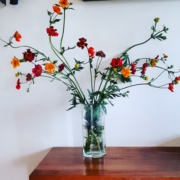Settling in another country
Migration to other countries has always been part of our lives. Just think about the different nomadic tribes who seem to constantly move from place to place. Likewise people who go and settle in another country for a variety of reasons including better career prospects, more opportunities, better education, retirement opportunities or a change of scenery. They move out of choice. But then there are people who are forced to leave. Who flee countries because of wars, droughts, unsafe living conditions, human rights, famine and countless other reasons. Refugees who try to make a living in another country, a country not necessarily of their choice but where they will be safe.
In this blog I am talking about settling in another country out of choice. And I think – having moved to another country out of free will myself – settling in another country can easily be romanticised. It is indeed an exciting time and a great adventure because you’ll experience so many new and exhilarating things. But, it is also so much harder than you think. This has to do with the fact that you almost forget the mundane things of everyday life – like buying groceries, paying bills, getting a doctor, a dentist – don’t disappear, they’re still part of living in a foreign country as well. But the plus side is you can prepare.

Challenges
First of all there are many challenges you don’t even think about when you start planning to migrate. Not only do you as emigrant have to say goodbye to people you love, but also to the familiarity of a country. And that is no mean feat. Then, in the new country of your choice you must get used to a new way of living, people who do things differently, people who (maybe) speak a different language, a new climate, new radio and television stations, new money currency, new foods. The list is very long. And then in many cases people have to change how they worked, maybe upgrade their professional qualifications or take more courses to be on the same level. On top of that there is your mental health. If you go as a family it is of the utmost importance to have a positive outlook on what is going to happen and to talk to your partner, talk to your children and keep on talking to make sure everyone adapts.
There are different reasons why people emigrate. In our case we found work in Ireland and having looked for a long time in our native South Africa for other jobs, this happened at the right time. So, we were lucky that one of us already had a job coming over. We also envisaged that we would do this for about five years and then move back to South Africa. Our girls were still young and we wanted to travel as well, see more of Europe. It obviously didn’t work out that way. We got involved, our kids started going to school and we just became more part of Irish society.

There are the obvious and practical matters like to get a bank account, personal or identification numbers, tax registration, et cetera, which differs in each country. Websites for that kind of thing are readily available, so I won’t go into specific details. This blog is more about how to stay mentally healthy why you are going through this huge change in your life.
When you move to another country where they speak a language you understand and live a lifestyle you are used to, you might think there won’t be many cultural differences. But since living here, I have been confronted numerous times with certain cultural things I struggle to get used to. My parents emigrated from the Netherlands to South Africa. We moved from South Africa to Ireland and have been living here for over twenty years. Over the years I’ve learnt how to cope with certain challenges. You need a safety net around you and the sooner you start integrating into your new surroundings, the better.
Here is my list of things to do when migrating to another country:
Research
Find out as much as you can about your ‘new’ country before your go. Read articles about their politics, school system, religion, social way of living, and more. These days all this kind of information is on the web, so it is so much easier to access. If you can speak to someone who has done this before, that is even better.
Get involved
Get involved in your local community as soon as possible, because this is a sure way to meet local people and settle in quickly. If you have children who go to school, get involved in the school community. Offer to help with practical things. Greet the other moms and dads, be pro-active.
Join a club
Join a club or a society like a local gym, a soccer club, badminton, chess, beekeeping, a choir, any activity that you are interested in. Or volunteer somewhere. Or get involved in a church community if you are religious. This is a great way to do things together with like minded people. And it really helps in times when you feel alone, missing your home country.
Learn the language
If you are moving to a country where they speak a different language, learn the language. Take a course and do everything in your power to learn how the locals speak. They will appreciate it, even if you feel embarrassed about your pronunciation. Try and try again, you will get better.
Be prepared
You will have times when you feel alone and have the sense that no one understands you. So, join an (online) expat club, because people who are in the same boat or who have done this before, are generally happy to share their experiences. This will also help in your preparation, so before you move to another country. Certain advice just works better from people who have done it before. Also, you might take a bit of a financial knock at the start with having to get the basics going again, but don’t despair, keep a positive attitude because it will get better.
Embrace the new culture
Respect the laws of your ‘new’ country. Don’t complain or criticise the local culture and customs. You are in your ‘new’ country by choice so don’t expect the locals to adapt to your ways. This doesn’t mean you have to give up your own culture. No, you have the freedom to still enjoy your own culture and customs. Just don’t bore the locals with tales of home where everything from the shopping centres to the local chipper are just so much better than here. Wait with any kind of judgement, preferably don’t give any.
Bubble
Don’t only make friends with people who are originally from ‘your’ country. This is a sure way to alienate yourself from the locals. Off course meet up with people from your country, because they will actually understand what you are going through, but don’t only befriend them and live in your own away-from-home-bubble. Make friends with the local people of your new country.

And….
Be patient and make an effort. If you don’t understand, ask. Or observe if you feel uncomfortable asking. Likewise, don’t forget the people at home. You are experiencing so many new things in your new environment, but try and stay in touch with your loved ones. They also miss you.
Look after yourself and if you came with a family, their needs as well. See that you are all mentally and physically on the road. In my opinion it took at least two years, so don’t hurry the process and enjoy it as well. It will enrich you as a person.
In the end you will always stand with a foot in each country. I wrote a blog some time ago about my favourite things in both Ireland and South Africa where I try to portray how it became easier to feel part of our ‘new’ country.
Slán











Thanks for your perspective,the hardest thing must be leaving the loved ones.Did they give you their blessing? Often wondered how relocating the farm might work.I haven’t left here for more than a week since birth Guess my mum might turn in her grave if the little farm she loved and struggled to hold was sold off.Glad you made Ireland home as I’m sure Nathan is also!
Thank you Nigel. Yes we definitely had their blessing (they did the same!) and visiting Ireland from South Africa is straightforward. Unlike maybe to other countries. Wow not more than a week away from your farm, ever – that is impressive. Yes we are also glad we made Ireland our home, it has broaden our horizons for sure.